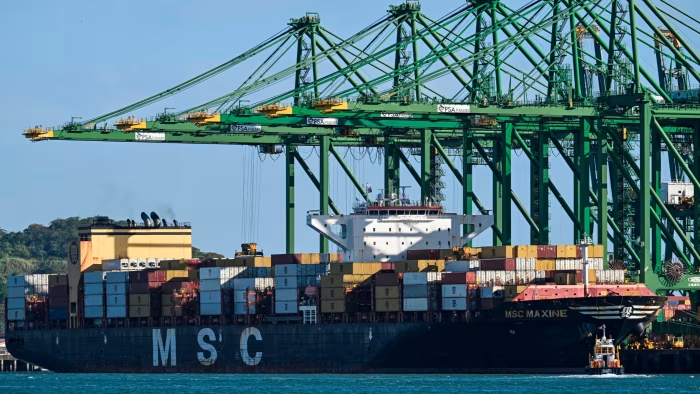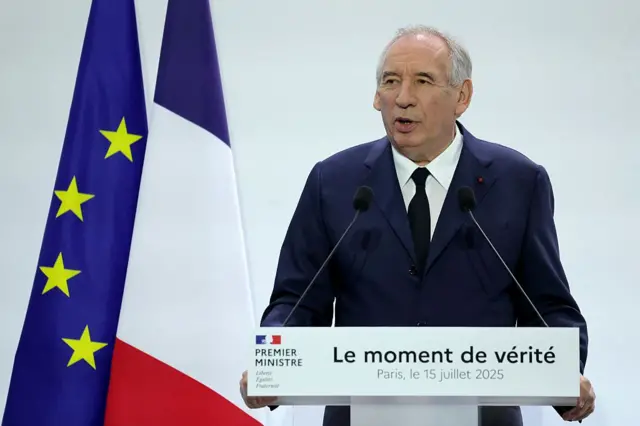🛳️ Panama Canal Neutrality at Risk: MSC’s $23 Billion Ports Deal Under Scrutiny

The Panama Canal, a critical artery for global trade, is facing unprecedented scrutiny as a $23 billion deal involving the Mediterranean Shipping Company (MSC) threatens its longstanding principle of neutrality.
⚓ The Deal: A Game-Changer in Global Shipping
Led by MSC and supported by BlackRock, the consortium aims to acquire 43 ports worldwide from Hong Kong’s CK Hutchison. Notably, two of these ports are situated in Panama, raising alarms about potential overconcentration of port operations under a single shipping entity. This consolidation could undermine the competitive landscape and the canal’s impartiality, essential for its operation under international treaties.
🛑 Concerns Over Neutrality and Market Fairness
Ricaurte Vásquez Morales, Administrator of the Panama Canal Authority, expressed grave concerns about the deal’s implications. He warned that if the transaction proceeds as currently structured, it could lead to a concentration of terminal operations, disadvantaging other shipping companies and conflicting with the canal’s neutrality.
🌐 Geopolitical Tensions Intensify
The deal has attracted attention from global powers. U.S. President Donald Trump has criticized the involvement of Chinese interests in the region, suggesting the deal could reduce Chinese influence near the canal. Simultaneously, Chinese regulators have expressed concerns over the transaction, indicating potential geopolitical ramifications.
🛠️ Panama’s Strategic Response
In response to these challenges, Vásquez proposed the revival of a terminal project at the Port of Corozal, aiming to enhance Panama’s operational independence and competitiveness. Additionally, plans are underway to diversify operations, including the construction of a pipeline to transport liquefied petroleum gas, to mitigate the impact of previous disruptions like the 2023 drought.
📜 Legal and Institutional Implications
The Panama Canal’s neutrality is enshrined in international treaties, and any perceived compromise could have far-reaching legal and institutional consequences. The ongoing scrutiny underscores the delicate balance between economic interests and the canal’s role as a neutral facilitator of global trade.





